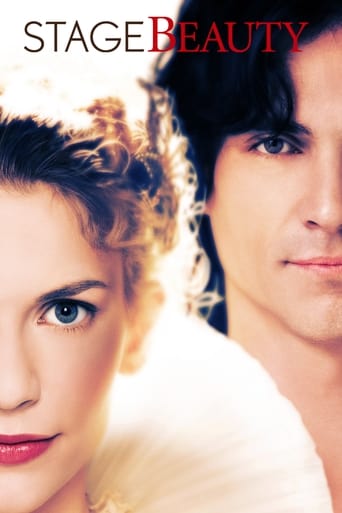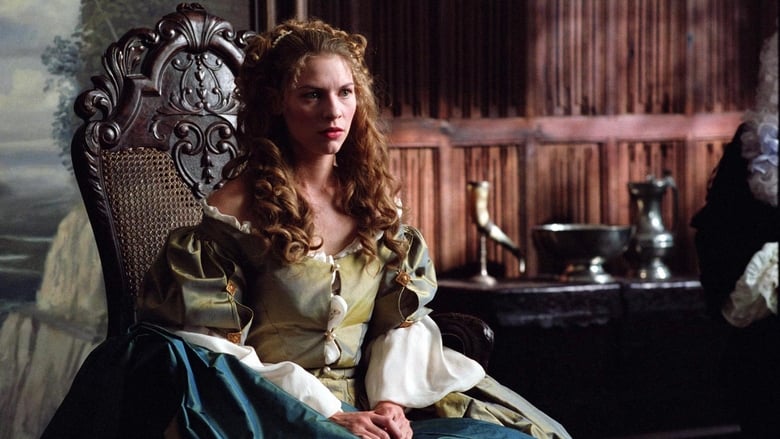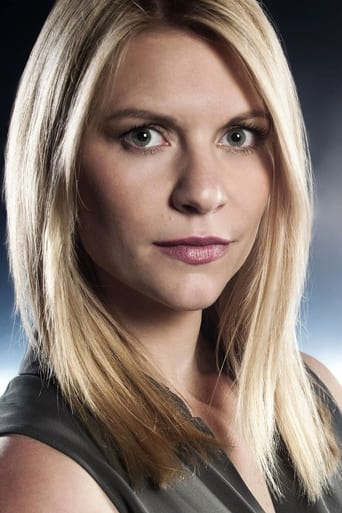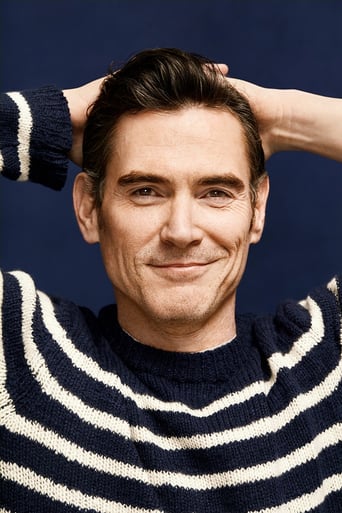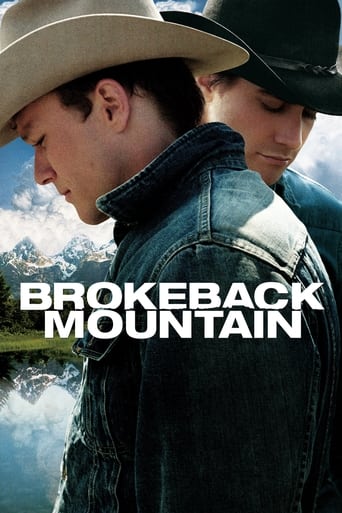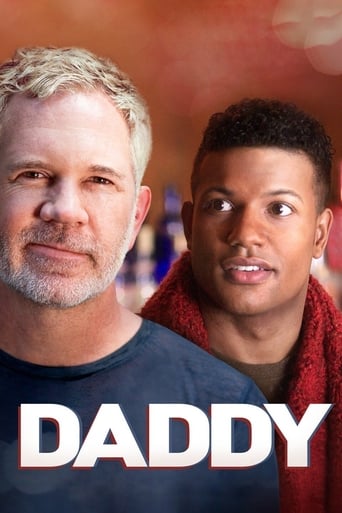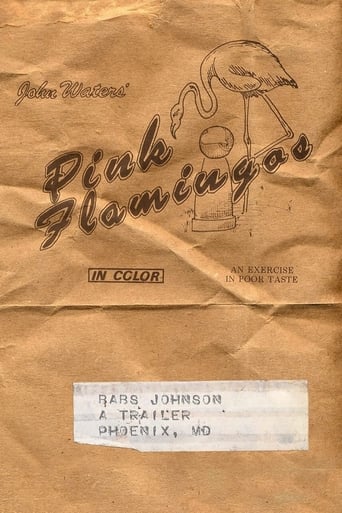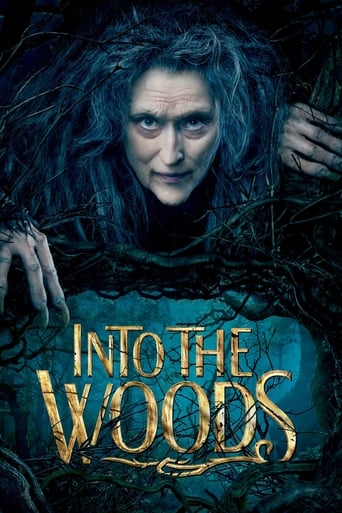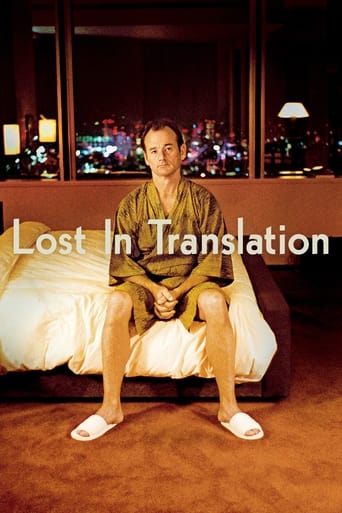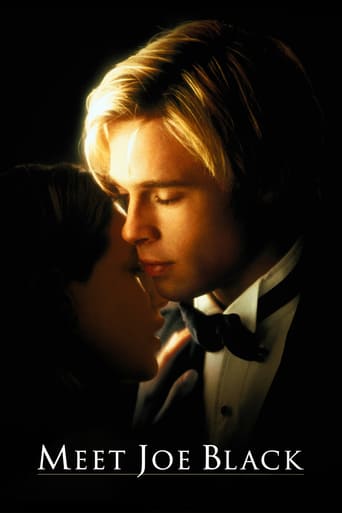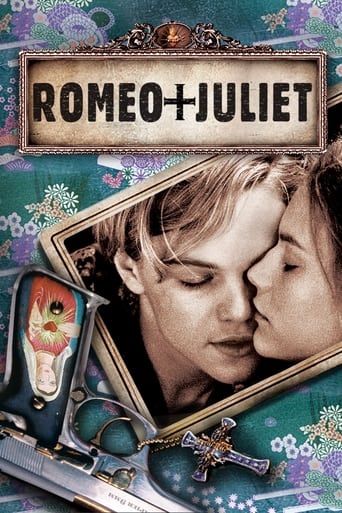Stage Beauty (2004)
Humble Maria, who outfits top London theater star Ned Kynaston, takes none of the credit for the male actor's success at playing women. And because this is the 17th century, Maria, like other females, is prohibited from pursuing her dream of acting. But when powerful people support her, King Charles II lifts the ban on female stage performers. And just as Maria aided Ned, she needs his help to learn her new profession.
Watch Trailer
Free Trial Channels
Cast


Similar titles
Reviews
One of my all time favorites.
Fantastic!
I saw this movie before reading any reviews, and I thought it was very funny. I was very surprised to see the overwhelmingly negative reviews this film received from critics.
It's easily one of the freshest, sharpest and most enjoyable films of this year.
Though colorful in a superficial sort of way, this was otherwise a silly movie, which took a subject that might have been used intelligently and trivialized it with, among other things, horrible and distracting music that bore little or no relation to the action, a contrived love-story between the two characters (Danes was unconvincing in all respects, and Crudup was unconvincing as a female-role actor, and, as one reviewer pointed out, he was more "feminine" when he wasn't trying to play a woman), and a drawn-out exposition of thin material. It is possible that it was not intended to be historically accurate, and, if so, it succeeded in that. Trite and predictable, right down to its gag-worthy ending.
Stage Beauty (2004) was directed by Richard Eyre. It's set in England in 1660. The monarchy has just been restored, and Charles II is on the throne. (In a clumsy bit of exposition, an actor runs in and says, "The theaters have been closed for 17 years. People want something new!") Of course, what they got is what we now call Restoration comedy. However, they continued to love Shakespeare, and a great Shakespeare performance could still fill theaters.Billy Crudup plays Ned Kynaston, a brilliant male actor who stars in female roles. (We all learned that in Shakespeare's time the female roles were played by men, because women were forbidden to be on the stage. I didn't realize that those laws were still in effect in 1660, but they were.) Ned is really great at what he does. He's been rigidly (cruelly?) schooled to remove every behavior from his repertoire that could be considered masculine. He's a major star. Enter Claire Danes as Maria Hughes, Ned's dresser. She has ambitions to go on the stage as well, and tries to mimic Kynaston's movements and make them her own. She actually performs on an improvised stage in a tavern, and is received very well. She wants to be the first woman to act on the real English stage. As mentioned in the movie, French women had been allowed on the stage by 1660. It's interesting--but not mentioned in the film--that these women were permitted to perform in London. However, they were booed off the stage by the audience. Apparently, the population wasn't quite ready to see women played by women actors. In the film, through a complex interaction at court, involving Nell Gwynn, the king's mistress, women suddenly were allowed to act on the London stage. (Nell Gwynn was indeed the king's mistress, and she was indeed an actor, but not in 1660, when she was only ten years old.)Because of this new ruling, Claire Danes can go on the stage as Desdemona in Othello, and she becomes a star. (A woman did, indeed, play Desdemona in 1660, so that's historically accurate.) Meanwhile, Crudup has been beaten brutally by thugs hired by a vengeful enemy, and he's no longer in demand. So, this is a classic story of theatrical crossed trajectories. (Think about "The Actor.") That's when the movie gets really interesting, and that's where I'll stop talking about the plot.Billy Crudup is superb as Ned Kynaston, Ben Chaplin is excellent as his lover, the Duke of Buckingham, and Hugh Bonneville is wasted in the role of Samuel Pepys, who keeps turning up, but never appears to be in the same film as everyone else.However, the obvious star of Stage Beauty is Claire Danes. Danes was truly charming when she played Juliet at age 17. She was 25 when she acted in this movie, and she got it exactly right. In the film, she's not a very good actor when she starts. It must have been difficult to be a very good actor playing an actor who's not very good. Danes manages it, and more. Crudup's role is more difficult and, to my mind, more central to the film. But what you'll remember is Claire Danes.We saw the film on DVD, and it worked very well. It's an excellent movie, and I highly recommend it.
The movie claims a historical accuracy it sure does not have. For starters, yes, it is true that Pepys said that Kynaston was the "most beautiful woman in London", yeah...but they forgot to say that Pepys meant the stage and in merely a handful of plays. Edward "Ned" Kynaston-the real one-was an acclaimed actor whose Hamlet was very appreciated. And yes, I said Hamlet, not Ophelia. It was not little feat, after all: he was competing in the same role with the most iconic actor of his time: Thomas Betterton. Kynaston was what perhaps we could perceive as a rarity these days, unless we speak of a really well seasoned and gifted actor but was not such in his time: a man who could perform a woman's role as well as a man's. Actors had to be ready to perform the role they were given or any other in the play the company was offering. That's a reality of acting this movie completely overlooks, favouring, instead, the "scandalous" and probably bisexual part of Kynaston's life-and who wasn't bisexual at that time?-, translating his supposed personal conflict into a stage conflict that never really happened: Kynaston continued his career in male roles. And that was it. It's funny the way they present Nell Gwynn: Nell was an "orange girl" at the theater before ever stepping the stage. It was her natural beauty and wit, plus her striving to survive which led her to the stage. That's where Charles II ever knew she existed: before that, Nell was just another "orange girl". And she did not become Charles' mistress before having passed through some illustrious hands. If Charles II decided to give way for women to act was because he had come from France, where actresses were not an uncommon occurrence. He wanted the same for the English stage. He wanted to see legs and pretty girls. It was not the other way around. Charles, very cunningly, disguised the disposition for women to be on stage on an appearance of morality: boys playing the roles of girls could arise dubious passions; so, to avoid it, girls should be girls and boys, boys, from early Restoration times. Just another one: they mention a long list of actresses at the beginning, I think. They mention Ann Bracegirdle. I beg your pardon? Bracegirdle was famous, yes, but a good thirty years after any of the ladies of the like of Nell Gwynn and Elizabeth Barry became famous. Strictly speaking, Ann Bracegirdle was not their contemporary. It doesn't make sense to include an actress of whom William Congreve said: "I could make of her a sinner, or she of me a saint" among the very first actresses of the English stage. And where's Mary Betterton, by the way? All in all, this movie is bad. From its historical "references", quite inaccurate, to the trama, it was a big disappointment. I was studying the Restoration-and still am-when I saw it, and the first thing I thought was that, for whomever wanting to get a little insight at the Restoration, not just of the monarchy, but of the English theater, this was not the place to go.
"It is not a question of acting a man. I can act a man. There's no artistry in that. There are things that I can be as a woman that I cannot be as a man." Billy Crudup, as Ned Kynaston.Set against the English Reformation period of the 1660, as led by King Charles the II, Stage Beauty is a saucy romp of a film beautifully directed by Richard Eyre and scripted by Jeffrey Hatcher, from his original play, Compleat Female Stage Beauty. This marvel boasts an accomplished cast, led by Billy Crudup and Claire Danes, through this gender-bender of a costume comedy-drama.Director Richard Eyre (Notes On A Scandel) does a fine job counter-pointing couples Claire Danes/Billy Crudup and Rupert Everett/Zoe Tapper. Tapper's Nell Gwynn is priceless as the king's sexy paramour, shrilly romping about the palace with King Charles, her cross-dressing monarch.Billy Crudup plays Ned Kynaston, a classically trained actor of women's roles during the 17th century, when female roles were forbidden to be played by – well, females. A popular star, he lounges seductively with the Duke of Buckingham, George Villiars, his upper-crust lover, between rehearsals and stage performances.Claire Danes plays Mrs. Margaret Hughes, a widow who works as Ned's dresser. During his performances, Maria (as she calls herself), watches in the wings, secretly longing to play the roles denied her – especially the coveted role of Desedmona in Shakespeare's popular tragedy, Othello. She takes a chance, breaking the kings' law, by performing – as a woman – on stage, in a vaudeville review (And hence, not subjected to the law of the land, that is stringently enforced on the legitimate stage).Both drag star and star wannabe both end up as special guests at the King's dinner table. A lively exchange takes place concerning the merits of a woman actually acting the part of – well, a woman.King Charles II (Rupert Everett): "Why shouldn't we have women on stage? After all, the French have been doing it for years." Sir Edward Hyde (Edward Fox): "Whenever we're about to do something truly horrible, we always say that the French have been doing it for years." The tables are turned on Kynaston, who now watches aghast as the King overturns the law, opening the floodgates for women's roles to be played – well, only by women. He becomes an object of scorn and ridicule, as a couple of upper-class groupies enact their own brand of revenge against him for past insults.Meanwhile, Mrs. Hughes is suffering her own humiliation of being a one-hit wonder, only to discover that being a woman, playing a woman, means little without acting ability as – well, a woman.Ned and Maria wind up instructing each other on the ways of love and acting, all to a symphony of applause for acting – well, like a man and a woman. Through it all, they tease and snipe at each other to push the boundaries of their manufactured images, not because they care what others think, but because they care about their own sense of themselves.

